|
Paver walkways and patios are often large investments for your outdoor living space. They transform the look and feel of your yard and create a space that you, your friends and your family enjoy for the spring, summer and fall months. These projects do, however, require maintenance and repair over time. We have a customer whose patio had started to grow unsightly weeds in the joints every year. This customer approached us to install new polymeric sand in the joints and to fix the edge restraint as well as fix the trip hazard at the top of the stairs. Visible edge restraint and weeds growing through the cracks. Polymeric sand and edge restraint have evolved in the 15 to 20 years since this patio was installed. In the past, regular sand would be swept into the cracks, which would breed weeds and moss after a few years. The edge restraint would then be installed directly on the stone dust. Stone dust is no longer recommended by the ICPI (interlocking concrete pavement institute). Twenty years ago, stone dust was the final base material before pavers – we now use one inch of concrete sand. Furthermore, there are new recommendations on the installation of the edge restraint, putting the final grade one inch lower than the paver instead of right against it. This allows us installers to hide the edge restraint and create a more beautiful, seamless line around the pavers. On the left, the stair with the trip hazard. On the right, the patio is now leveled with the stair. For this customer’s project, we dug out below the current edge restraint and installed longer pins in the areas that the edge was creeping up. We also installed new polymeric sand, which made the patio look brand new. Finally, we raised the level of the patio on the upper level to meet the stairs. We did this by pouring concrete to prevent the loss of base materials under the stairs. The concrete will harden and prevent the trip hazard from forming again over time. This overall maintenance will allow your patio to live on for many parties and backyard grill outs for years to come.
4 Comments
|
518.312.9104
[email protected]

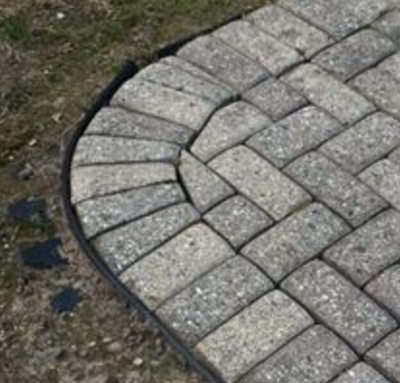
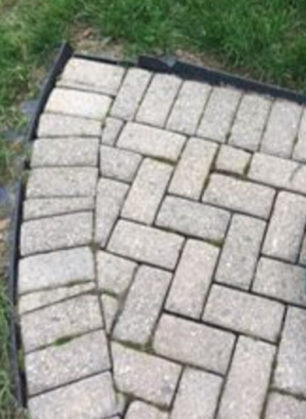
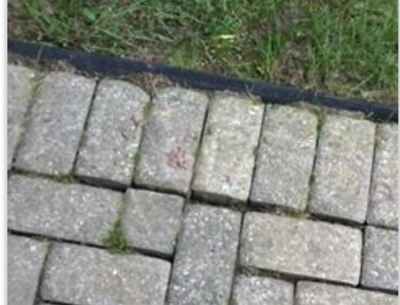
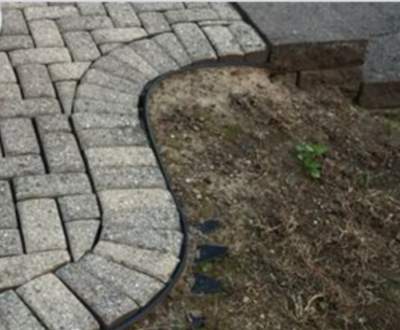
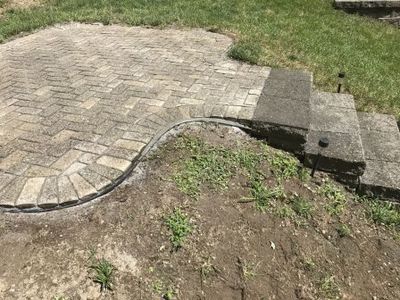
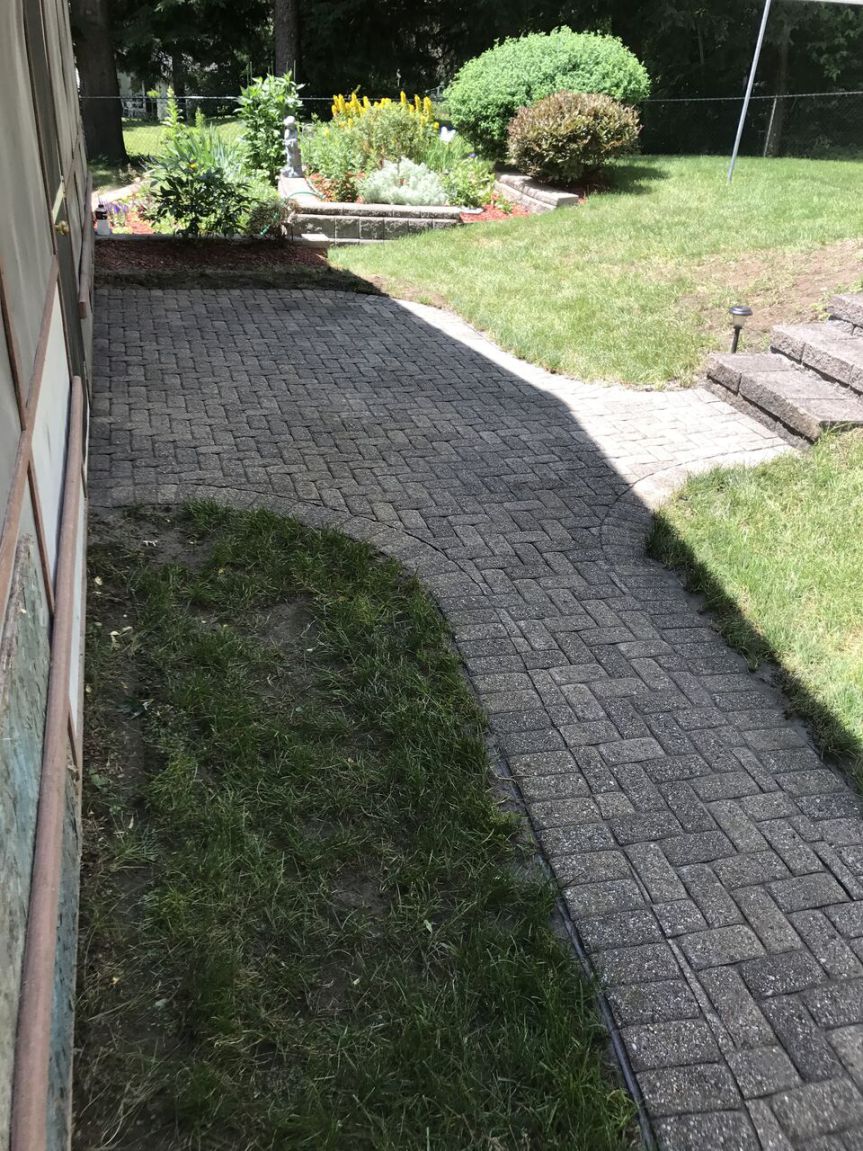
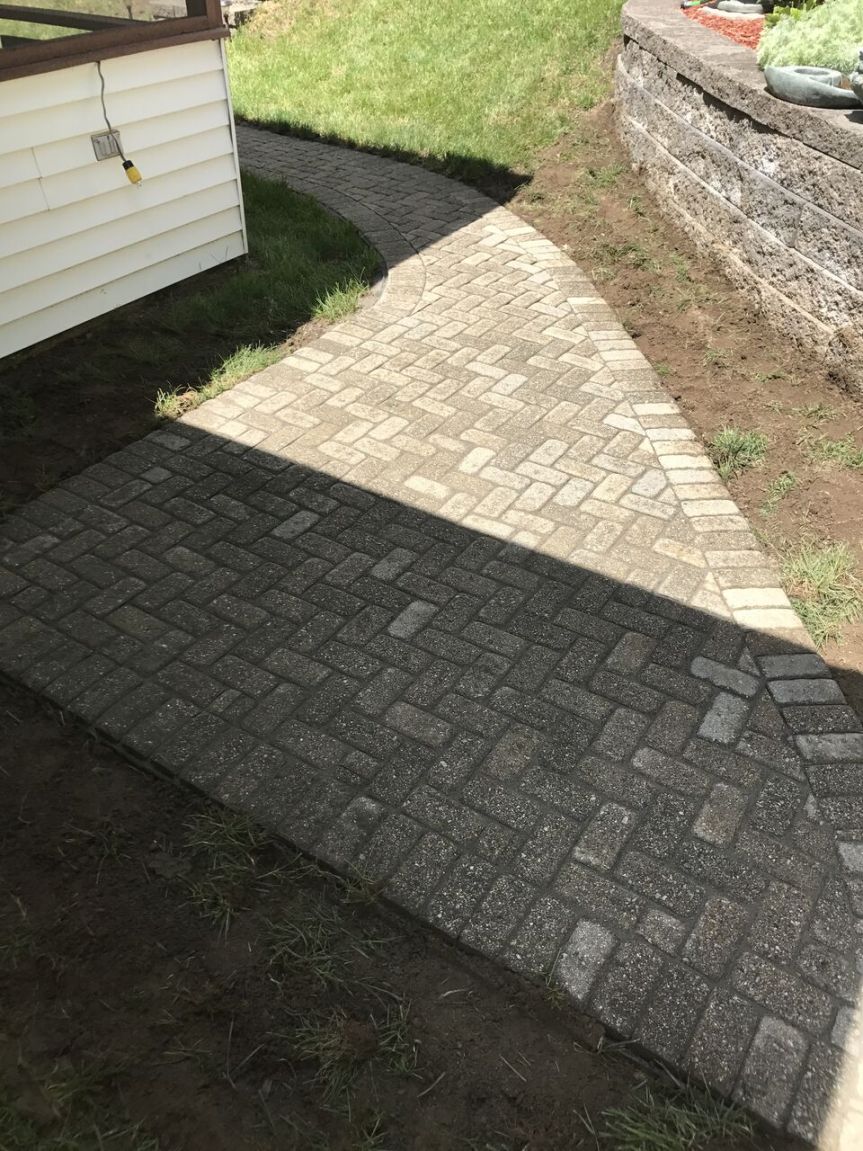
 RSS Feed
RSS Feed